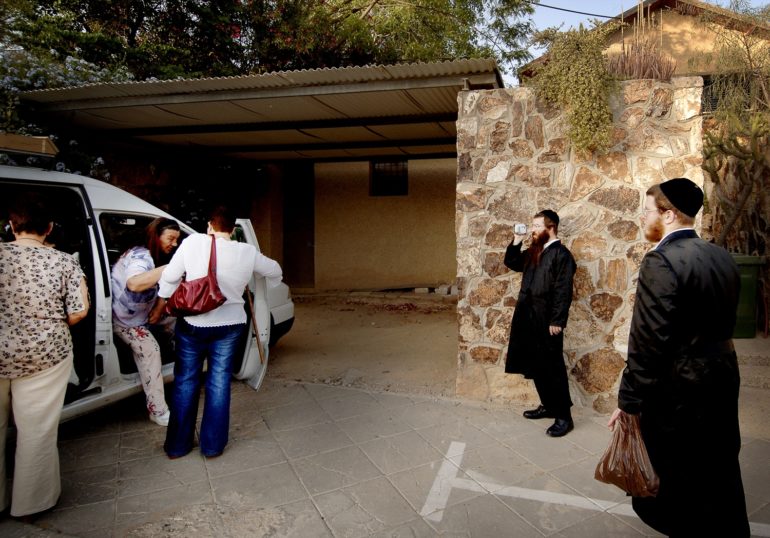
Protests in the southern Israeli town of Dimona have flared up again, two weeks after a meeting centre for Messianic Jews re-opened its doors.
The centre was closed in May last year following violent protests by ultra-Orthodox Jews and attacks on the homes of church leaders. Earlier this week a group of Orthodox Jews came to the centre, where they protested and threatened some of those who were in the building, according to Middle East Concern.
Such protests are not new. In September last year a Messianic group in Arad, 50km north of Dimona, reported abuse by Orthodox Jews and other residents protesting against their meeting.
Meanwhile a 55-year-old Christian bookshop in Tel Aviv faces closure over a dispute with the owner of the premises, who says that by selling other Christian books than the Bible, the bookshop, operated by the Bible Society, is operating like a “centre to manage or advance missionary activity” and is “violating its commercial license and therefore does not meet the criteria of a protected tenant”, as Middle East Concern reports. The Bible Society is also charged with violating the rental agreement by allegedly having added “another partner” and so “changed the identity of the renting party”. The case, which was due to be heard in court yesterday (24 January), had to be postponed due to the illness of the judge. The Bible Society denies all charges.
Property rights
In his Christmas message, Israeli Prime Minister Benjamin Netanyahu said Christians in Israel “not only survive, but they thrive!” But at the same time, the Greek Patriarch of Jerusalem, Theophilos III, was in the UK to rally support against a bill that would limit the property rights of churches.
The proposed “church lands bill” has been signed by 40 members of the Knesset, Israel’s lower house.
In September Jerusalem-based churches condemned what they said seemed like a move to weaken the Christian presence in the city.
The patriarch, while in the UK, received support from church leaders and parliamentarians. “Property rights and religious freedom are at the bedrock of any democracy. The proposed bill curtails both,” said London-based Coptic bishop Angaelos.
The threat to Christians by the Israeli government and “radical settlers” seizing land is an “emotive and tricky topic, but it needs to be tackled” if Christians are to remain, according to Alastair Sloan, writing for Middle East Monitor.
“Over two billion Christians, fourteen million Jews and more than a billion Muslims care passionately about Jerusalem. Reducing tensions there can have a disproportionate impact on the reduction of tensions everywhere,” he said.
‘Destructive division’
Before the announcement made by US President Donald Trump that the US embassy would move from Tel Aviv to Jerusalem, 13 church leaders from the city sent him a letter, in which they warned that such a decision would “yield increased hatred, conflict, violence and suffering in Jerusalem and the Holy Land, moving us farther from the goal of unity and deeper toward destructive division”.
As US Vice President Mike Pence prepared for his visit to Egypt, Jordan and Israel this week, Christian leaders cancelled their meetings with him in protest, while the West Bank leg of his trip was removed from his itinerary.
As large numbers of Christians leave the Middle East, forced out by extremist groups like Islamic State, one church leader in Jerusalem said the greatest threat to Christians in Israel is the American government.
“Our fear is not from our people, from Muslims. Our fear is from America,” the former Latin Patriarch of Jerusalem, Michel Sabbah, told CNN. Sabbah, who also served as the International President of Catholic peace movement Pax Christi, added: “If truly the American administration is Christian, go back to the commandment of love. You love Israel. That’s very good. But you [should also] love the Palestinians if you’re Christian. Jesus said: ‘Love everyone’.”
Palestinian church leaders are worried about “whether their communities can survive Israel’s decades-long occupation”, CNN says, or whether these Christians too will join the exodus out of the Middle East, and “leave the region without a living church”.